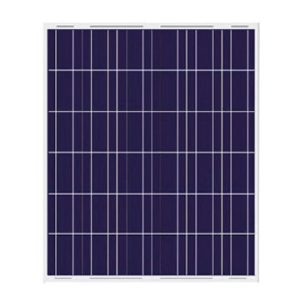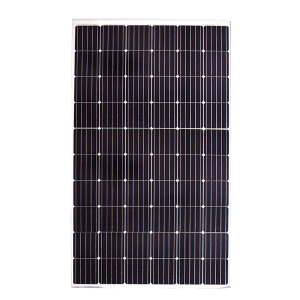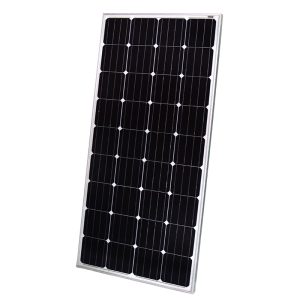Are you looking for an efficient and affordable way to power your home with solar energy? If so, a 1.5 kW solar system may be just what you need. In this article, we will explore the benefits of a 1.5 kW solar system, how it works, and why it may be a practical solution for homeowners.
The Benefits of a 1.5 kW Solar System
- Cost-effective: A 1.5 kW solar system is a relatively small system, which means it is more affordable than larger systems. This makes it an excellent choice for homeowners who want to switch to solar energy without breaking the bank.
- Lower electricity bills: By using a 1.5 kW solar system, you can generate your electricity, which means you can reduce your reliance on the grid, ultimately lowering your electricity bills.
- Eco-friendly: A 1.5 kW solar system generates clean and renewable energy, which reduces your carbon footprint and helps protect the environment.
How Does a 1.5 kW Solar System Work?
A 1.5 kW solar system comprises solar panels, an inverter, and a battery. The solar panels collect energy from the sun and convert it into DC electricity. The inverter then converts the DC electricity into AC electricity, which is what your home uses. The battery stores excess energy generated during the day, allowing you to use it when the sun is not shining.
Why a 1.5 kW Solar System is a Practical Solution for Homeowners
- Perfect for smaller homes: If you have a small house or apartment, a 1.5 kW solar system is perfect for you. It generates enough energy to power essential appliances such as lights, fans, and some small electronics, making it ideal for those with minimal energy usage.
- Flexible installation: Due to its small size, a 1.5 kW solar system can be easily installed on your roof or balcony, even if space is limited.
- Easy maintenance: A 1.5 kW solar system requires minimal maintenance, making it a practical and hassle-free solution for homeowners.
Tips for Choosing the Right 1.5 kW Solar System for Your Home
- Check your energy usage: To determine if a 1.5 kW solar system is suitable for your home, you need to check your energy usage. You can do this by reviewing your energy bills and calculating your average daily energy consumption.
- Consider your location: Homeowners in areas with high levels of sunshine can generate more energy from their 1.5 kW solar system, which means they can cover more of their energy needs. Additionally, it is essential to consider shading and other environmental factors that may affect your system’s performance.
- Choose a reputable solar company: When choosing a solar company to install your 1.5 kW solar system, be sure to select a reputable and experienced company like Solar Exporters. This ensures that your system is efficiently installed and maintained, providing you with reliable and long-lasting clean energy.
In conclusion, a 1.5 kW solar system is a practical and affordable solution that can help homeowners reduce their energy bills and protect the environment. By following the tips above and choosing a reputable solar company like Solar Exporters, you can enjoy the many benefits of a 1.5 kW solar system for years to come.
How many solar panels do I need for a 1.5 kW solar system?
A 1.5 kW solar system typically requires six solar panels that are each rated at 250 watts. However, the exact number of panels needed may vary based on the efficiency of the panels and the amount of sunlight the system receives.
Can a 1.5 kW solar system power my entire home?
No, a 1.5 kW solar system is typically not large enough to power an entire home. It can provide enough electricity to meet the needs of some smaller homes or portions of a larger home, such as a few rooms or appliances. To determine if a 1.5 kW solar system is sufficient for your needs, it’s best to consult with a solar energy expert.
How much does a 1.5 kW solar system cost?
The cost of a 1.5 kW solar system varies depending on several factors such as the type of panels used, installation costs, and local incentives. On average, a 1.5 kW solar system can cost between $3,000 and $6,000 USD, before any incentives or tax credits are applied. However, the long-term savings from reduced electricity bills can offset the initial investment cost over time.



